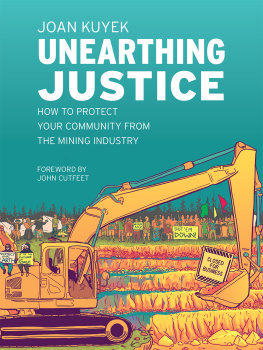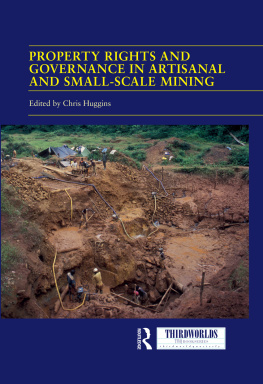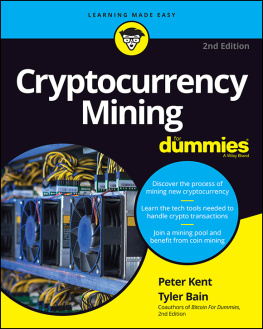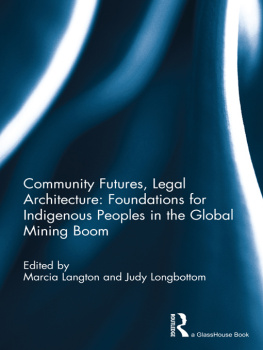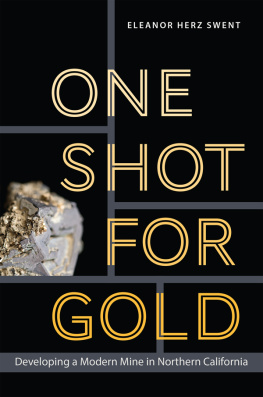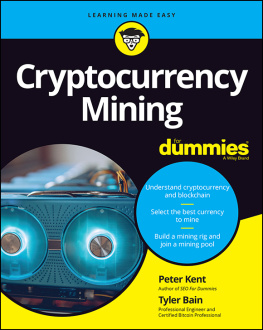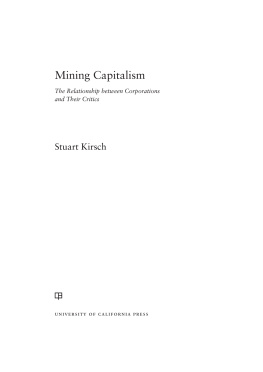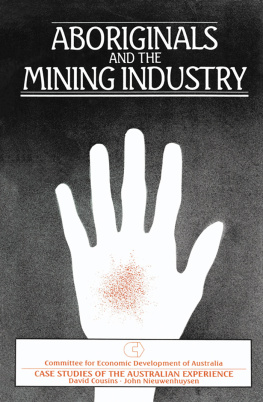Foreword
Finally, a long overdue book that shines a light into the oftentimes dark, murky world of mining, exposing a tradition that has always been cloaked under economic prosperity without taking into consideration the real costs to human health and the environment. This book brings to the surface the process of mining and its very real impacts on people who live close to the land.
In a world often far removed from the view of mainstream society, and as mining companies and shareholders celebrate the financial gains reaped by operating mines, communities, and particularly Indigenous communities, are faced with the potential destruction of lands and waters that have sustained their cultures for centuries, leaving them with what is referred to as a culture of contamination.
From the effects of the Mount Polley disasterand it was a disaster, not only for the millions of salmon that use those waterways to reach their spawning grounds, but also for the people and communities that use the salmon to sustain lifeto the struggle of both settler and Indigenous communities dispossessed of lands and waters, Joan Kuyek shines truth onto the fallacies perpetuated by government and industry that mines are little holes in the ground and a temporary use of land.
There is nothing temporary about the impacts of mining on ecosystems, many of which have been used for generations by people who live close to and survive off these lands.
I first met Joan in her role as national coordinator of MiningWatch Canada during a difficult period in the history of my home community of Kitchenuhmaykoosib Inninuwug (KI, to those who cannot pronounce the official title for our community). A junior exploration company had come onto Kitchenuhmaykoosib Aaki (land) in 2006 without the knowledge or authorization of Kitchenuhmaykoosib Inninuwug as a collective. In the struggle that continued well into 2008, culminating in the courtroom drama of having to release the KI leadership from incarceration, Joans support and vast knowledge of mining (reflected in this amazing book)and including other resources at her disposalwere available to KI during this time of great turmoil and conflict in this remote community of just over 1,500 people.
Joan worked tirelessly to assist KI by attending court hearings after we were sued for $10 billion when KI protested a proposed drilling program. Joans support was evident as she brought awareness to the main issue: the need to reform the antiquated Mining Act in Ontario. As Joan has said, The problem here is the antiquated free-entry system that allows mining and exploration without consultation with affected First Nations communities or consideration of other values such as ecological values, trapping, hunting, clean water or even consideration of climate change impacts.
When six members of KI (including five members of Chief and Council) were sentenced to six months of incarceration for not allowing the mining company access to KI homelands in contempt of a Superior Court ruling to provide immediate access, Joan continued her support of KI through letter-writing campaigns, media releases, and the mobilization of support networks. Joan came to KI to decipher the technical jargon mostly unheard of at the community level and was able to paint a clear picture of the mining industry to Kitchenuhmaykoosib Inninuwug.
She understood the concept of Kanawayandan Daaki, the spiritual mandate provided to KI to protect and steward the lands and resourcesand the need for alternative economies that are sustainable to ensure the survival of Kitchenuhmaykoosib Inninuwug and its future generations. This book provides the same insight for people who are looking at ways to develop strategies that move beyond the core sampling and mine tailings.
sAs she so generously shared and supported KI in times of strife, Joan shares her fifty-plus years of experience, her knowledge and wisdom in these pages, allowing us a glimpse into an industry that she has explored for most of her working life. From policies and legislation, boardrooms and stocks markets, to the coal mines of Nova Scotia and the dumping of mine tailings into the Rose Creek, which flows into the Pelly River system in the Yukon, this book paints a picture of the true costs and impacts of the mining industry on the environment and, more importantly, the lives of the people it touches, be they positive or negative, short or long term.
Joan breaks down the impacts of chemicals used in the mining industry and their effects on humans and wildlife. She describes how cyanide, sulphuric acid, ammonia, chlorine, and hydrochloric acid impact humans and the environment. The price of prosperity is measured against the cost of human health, wildlife, the environment, and the future.
This tool developed by Joan will provide many with access to the experience and knowledge that we had during the conflict in KI. If you are facing uncertainties from mining and are looking to gain insight into a complex industry whose impacts are felt in a huge way on the ground, Joans unique insight can support the development of strategies that can help you put mining in its place.
With government and industry pushing to mine, mine, and mine, in often impoverished Indigenous and settler communities alike, Joans book is a solid rock on which to build to protect what is yours and mine.
John Cutfeet, Kitchenuhmaykoosib Inninuwug,
December 2018
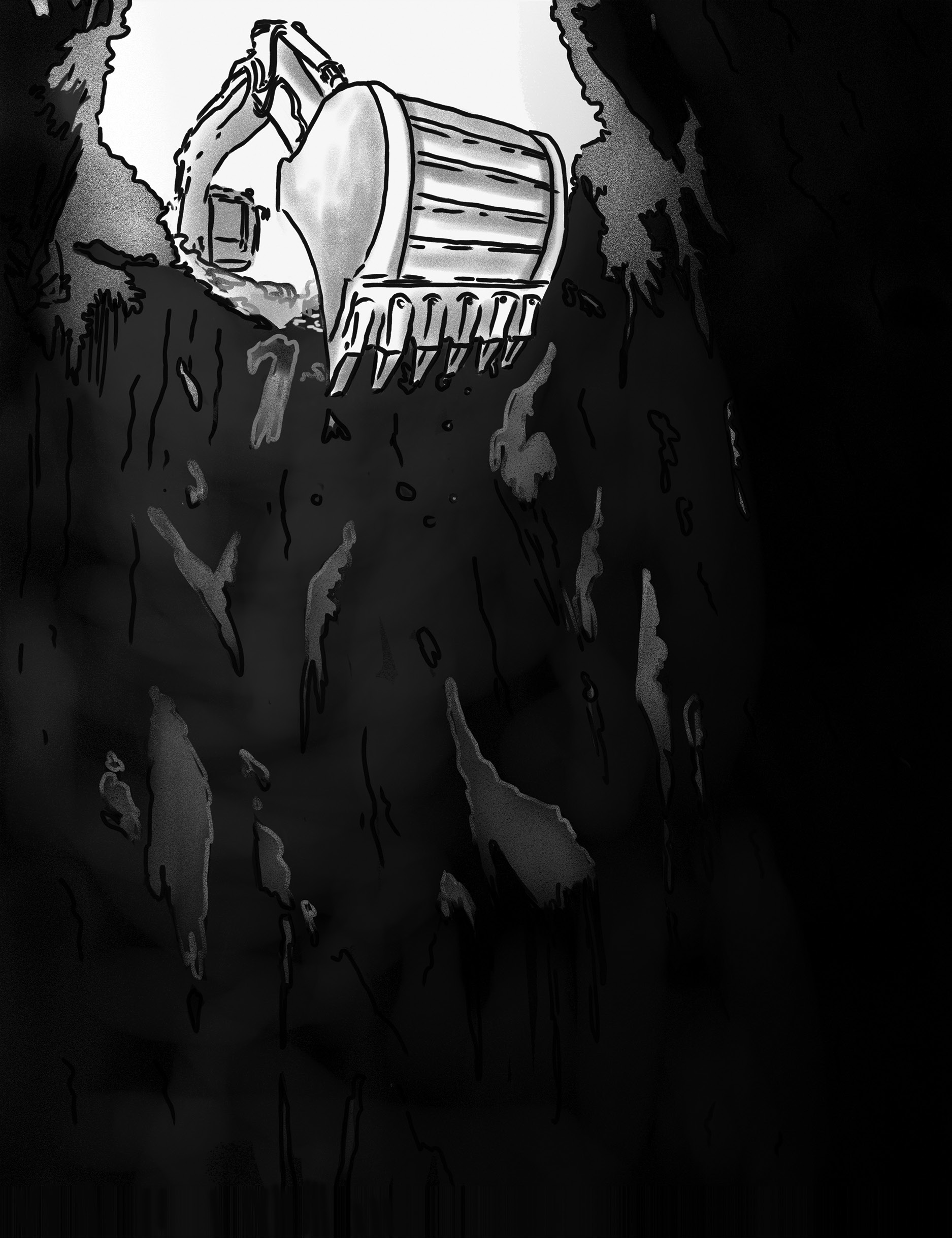
Introduction
Mining and Community Resistance in Canada
This book is intended to help communities, organizations, and individuals who find themselves defending the land, waters, and people they cherish from the impacts of mining. As Jacinda Mack says in her presentations about the effects of the Mount Polley Mine disaster in 2014, This is a love story: a story about how we can protect those places we love to clear the path so our children dont have to carry as much.
Maybe you are defending a watershed against a new mine. You might be trying to deal with the toxic by-products of an existing mine and/or smelter. Maybe your town is facing the closure of a mine that is your major source of income. Your community might be affected by the legacy of waste and unpaid property taxes from an abandoned mine. It might be that you are upset by the tales of murder and pillage linked to Canadian mining companies operating internationally. Maybe you are just curious.
This is a personal story, in which I want to share what I have learned through decades of experience working to limit the damage caused by the mining industry in Canada. I spent thirty years as a community organizer in Sudbury (the largest mining community in Canada), ten years as the founding national coordinator of MiningWatch Canada, and the past ten years (and counting) working as a consultant to communities affected by mining in Canada. I also developed and taught a course called Mining Law, Policy, and Communities at Algoma University, which I later co-taught with a legal practitioner at Queens University Law School. In this time, I have been up close and personal with some of the worst and best of mining. The book is anchored in this experience, and in the stories I have been privileged to hear from people and organizations on the front lines.

